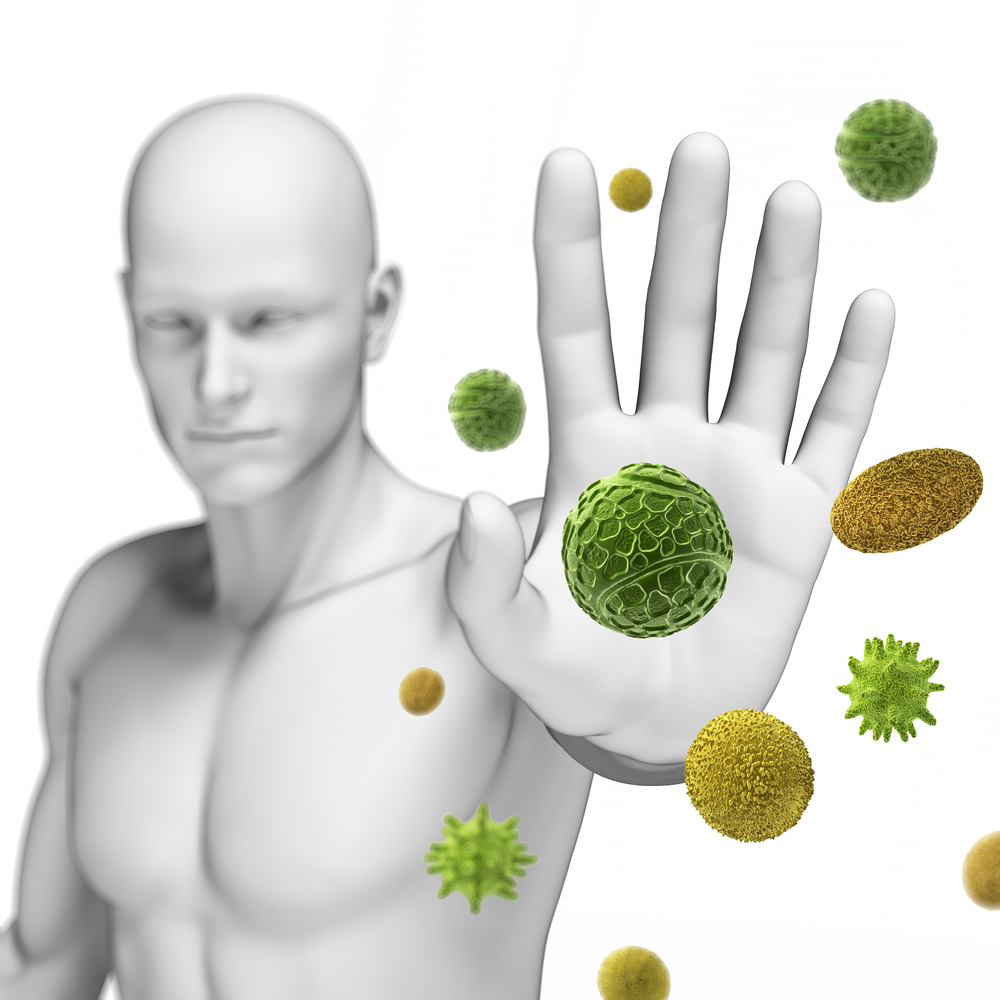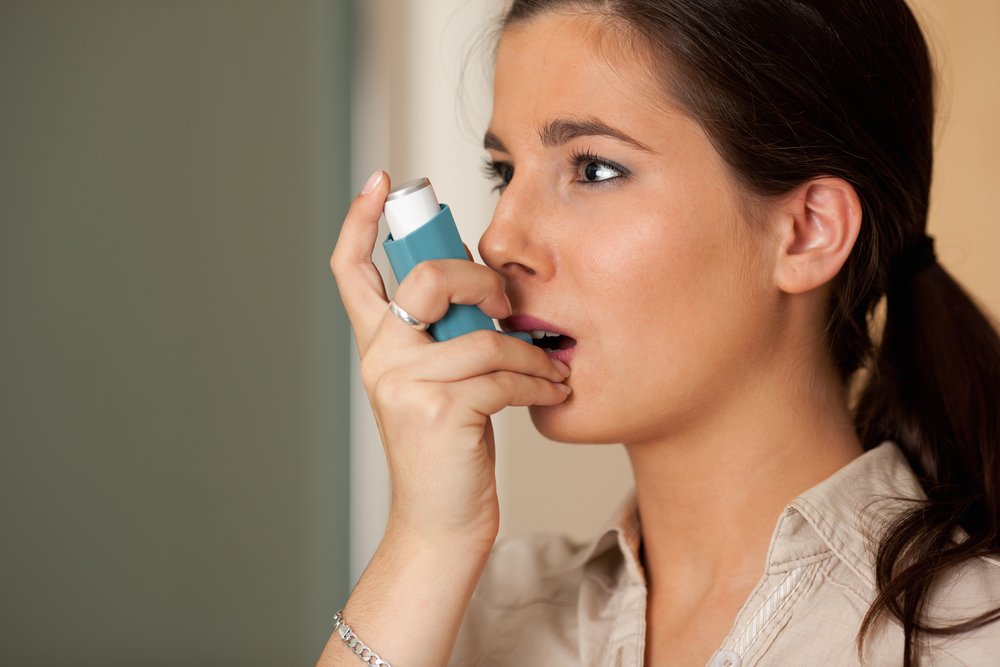Although asthma and allergy are two different conditions, they are related. One often leads to the other. Children with allergies are at a greater risk of developing asthma than children who don’t. However, it does not mean that the child definitely will develop the condition. There are many people with allergies who never develop asthma.
Asthma refers to a chronic disease of the lower airways that leads to difficulty in breathing due to narrowing down of the airways. It is an inflammatory condition and can be divided into two types: allergic and non-allergic. Some of the triggers for non-allergic asthma include stress, anxiety, cold air, exercise, hyperventilation, and smoke. Allergic asthma, on the other hand, is triggered by allergens including pet dander, mold, and dust mites.
Studies have shown that people who suffer from asthma allergies do so due to both exposures to certain environmental triggers as well as heredity factors. Therefore, if you can manage the allergens in your surroundings, you can control asthma.
Many people consider allergies and asthma as two different things. While both have symptoms that include persistent coughing, but asthma is thought of as a serious condition that necessitates regular care and treatment. Also, allergies can overtime trigger asthma symptoms.
Allergies are a way by which the immune system fights off foreign substances that are entering your body. In the process, the body releases chemicals known as histamines that can lead to some irritating seasonal allergy symptoms. Likewise, people who suffer from asthma face a battle in their airways. Due to this the airways are inflamed – this makes them sensitive to daily inhalants such as pollen and dust. Similar to allergy sufferers, asthma patients may face symptoms seasonally or all-round the year.
Apart from allergies, stress, exercise can also spark an asthma attack. In many people, a combination of all the factors together at different times start off an asthma attack. Asthma patients may experience a dry cough that includes whistling or wheezing. An asthma patient will often face difficulty in breathing, including tightness in the chest. Some symptoms of allergy include sneezing, congestion, runny nose, and headaches, and coughing.
Causes
If you have allergy induced asthma, your airways become very sensitive to the allergens you are sensitive. When the allergens get inside the airways, the immune system overacts. The muscle around the airways become tight, and the airways became inflamed and filled with thick mucus. Whether you are suffering from non-allergic or allergic asthma, the symptoms are typically the same and may include a few or all of the following:
- Wheezing
- Coughing
- Rapid breathing
- Shortness of breath
- Chest tightening
Keep in mind that it is not just the allergens that can worsen allergic asthma. There are many irritants that can cause an asthma attack. Some of these irritants are:
- Tobacco smoke
- Smoke from a fireplace, candles, incense or fireworks
- Air pollution
- Cold air, especially vigorous exercise in cold air
- Strong chemical odours or fumes
- Perfumes, air fresheners or other scented products
- Dusty workplaces
Also Read: Take a natural route for asthma treatment
Diagnosis
To diagnose if a person has asthma, allergies or allergic asthma, your doctor will examine your medical history and conduct a physical examination. Your doctor can conduct asthma and allergy tests to identify both indoor and outdoor allergens that are causing allergic asthma. Two of the common tests are a blood test and skin prick test.
Treating Asthma and Allergies
The first step to treat allergy-induced asthma is to take care of the allergic reactions that trigger asthma. An allergy test may be conducted to identify your particular allergies. Antihistamines may be used to prevent histamine reactions in the body. This can be helpful in decreasing asthma symptoms.
An important part of managing asthma is to decrease your exposure to the allergens. Some tips to manage your asthma are:
- When pollen counts are high in the air, stay indoors as much as you can. Keep your windows closed.
- You can cover your mattresses, pillows with allergen-proof covers.
- You can use a dehumidifier in your house to control moisture levels. This will decrease the growth of mold.
- Your doctor can prescribe some good asthma reliever treatments. Some of the medicines include asthma inhalers such as inhaled steroids and short and long-acting inhaled bronchodilators and oral medication.
Also Read: Know about various types of asthma
You can take these preventive measures to control asthma and allergy and lead a healthy life.





